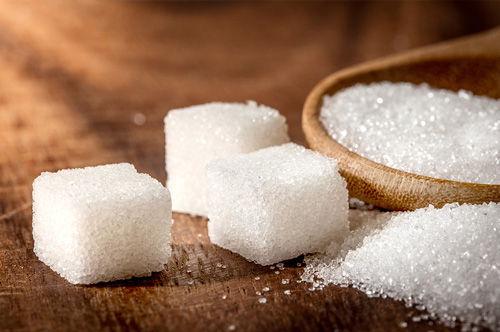When children indulge in sugary foods, they turn feral and bounce off every available surface. This is, as most parents can attest, a fact. In this Special Feature, we ask whether this common knowledge holds up to scientific scrutiny.
You are at a party, and there are around 20 children, aged 3–6. The noise is deafening and the candy bowls are empty. Screams of joy fill the air as parents marvel at their offspring’s sugar-induced bedlam.
But what does the science say? Does sugar increase the risk of hyperactivity in children? Perhaps surprisingly, the data says “probably not.”
This will come as a surprise to anyone who has attended a gathering of children where sweet treats are available, so let’s dive into the evidence, or lack thereof.
Sugar and hyperactivity in children
The question of whether sugar influences children’s behavior started to generate interest in the 1990s, and a flurry of studies ensued. In 1995, JAMA published a meta-analysis that combed through the findings of 23 experiments across 16 scientific papers.
The authors only included studies that had used a placebo and were blinded, which means that the children, parents, and teachers involved did not know who had received the sugar and who had been given the placebo.
After analyzing the data, the authors concluded: “This meta-analysis of the reported studies to date found that sugar (mainly sucrose) does not affect the behavior or cognitive performance of children.”
However, the authors note that they cannot eliminate the possibility of a “small effect.” As ever, they explain that more studies on a large scale are needed.
There is also the possibility that a certain subsection of children might respond differently to sugar. Overall, though, the scientists demonstrate that there certainly isn’t an effect as large as many parents report.
Are some children more sensitive to sugar?
Some parents believe that their child is particularly sensitive to sugar. To test whether this might be the case, one group of researchers compared two groups of children:
25 “normal” children aged 3–5
23 children, aged 6–10, whose parents described them as being sensitive to sugar
Each family followed three experimental diets in turn and each for 3 weeks. The diets were:
high in sucrose, with no artificial sweeteners
low in sucrose, but with aspartame as a sweetener
low in sucrose, but with saccharin — a placebo — as a sweetener
The study included aspartame, as the authors explain, because it, too, has been “considered a possible cause of hyperactivity and other behavior problems in children.”
All three diets were free from artificial food colorings, additives, and preservatives. Each week, the scientists assessed the children’s behavior and cognitive performance. After analysis, the authors concluded:










